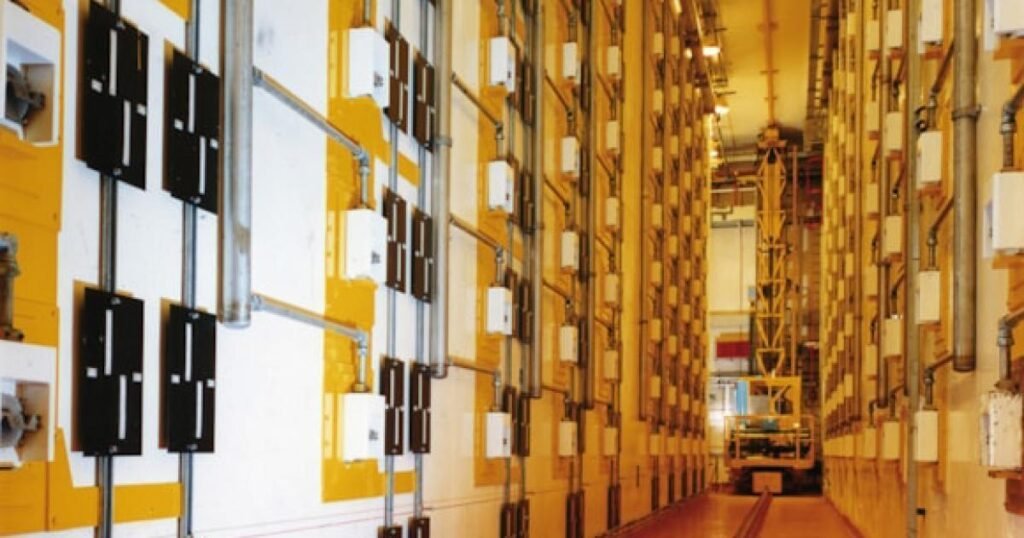The multi-million-pound funding is to support the development of capabilities to dispose of the UK’s civil plutonium inventory.
Most of these jobs will be in Cumbria.
Expected to span over five years, the investment will enable the Nuclear Decommissioning Authority (NDA) group to work with supply-chain partners to design, install, and operate specialist laboratory facilities at Sellafield.
These facilities will test and prove the technology to immobilise plutonium, mitigating long-term security risks.
Fifty people have already been appointed to focus on the early stages of research and development for the programme, which will last two years.
An additional £2.5 million will be invested in partnership with the Universities of Manchester and Sheffield, to create a £5 million Plutonium Ceramics Academic Hub.
This will develop the technical expertise and subject matter experts needed for the programme.
David Peattie, NDA group CEO, said: “The NDA group is already leading the way in nuclear decommissioning and safely managing the UK’s most hazardous radioactive materials.
“This government investment will allow us to drive forward this important national policy, building cutting-edge facilities and growing world-leading expertise and capability in plutonium immobilisation, providing a safe, secure, and permanent solution.
“It’s a strong vote of confidence in our ability to safely, securely, and sustainably deal with the UK’s civil nuclear legacy to benefit future generations.”
Energy minister Michael Shanks noted: “Cumbria has a proud nuclear history, and this new investment will unlock pioneering technology to manage our nuclear waste.
“Alongside the 100 jobs from this research, thousands more will be supported over the course of the plutonium immobilisation programme.”
The UK’s civil separated plutonium inventory is currently stored at Sellafield.
Two immobilisation technologies are being explored: Disposal MOX (DMOX) and Hot Isostatic Pressing (HIP).
Two state-of-the-art labs are being installed at Sellafield to develop and prove these technologies.
Future phases will involve seeking approval for a major plutonium disposition programme, including the construction of a nuclear material processing pl

